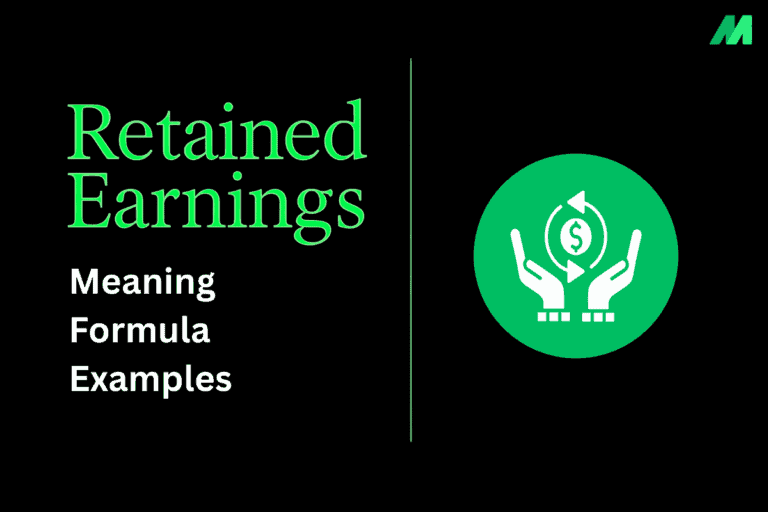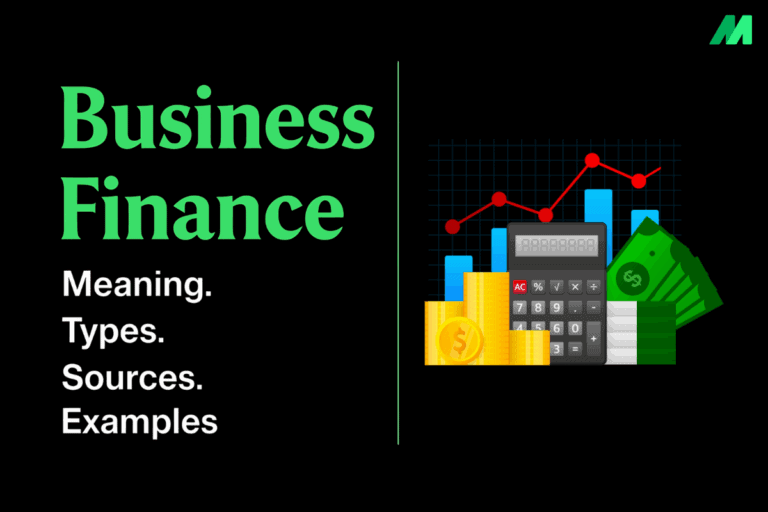Kunal Shah was born and raised in a middle-class family in Mumbai, India. His father ran a small pharmaceutical distribution business, while his mother worked in the insurance sector.
Kunal started working odd jobs from a very young age to support himself due to financial difficulties faced by his family, He recalls,
When he was 16 years old, a financial crisis hit his family. His father’s business was not doing well, so he had to start working seriously to sustain my family and education.
Educational Background
Kunal completed his Bachelor’s degree in Philosophy from the prestigious Wilson College in Mumbai. He was always a curious and inquisitive student, constantly questioning the status quo. After his graduation, he briefly pursued an MBA from Narsee Monjee Institute of Management Studies but dropped out midway, disillusioned by the traditional education system.
In one of his interviews, he remarked,
“I was frustrated with the education system. The only thing that excited me in my MBA course was consumer behavior and marketing.”
Entrepreneurial Beginnings: PaisaBack
Kunal’s entrepreneurial journey began in 2009 when he founded PaisaBack, a cashback and promotional discount campaign platform for retailers. However, the venture faced several challenges, including low internet penetration and lack of awareness about online shopping, leading to its eventual shutdown.
Undeterred by this initial setback, Kunal learned valuable lessons that would shape his future endeavors. As he once said,
“Entrepreneurship rewards those who love solving ever-evolving puzzles and challenges. Entrepreneurship punishes those who can’t take setbacks well and take a long time to recover and avoid risks.”
The FreeCharge Success Story
In 2010, Kunal Shah teamed up with Sandeep Tandon to co-found FreeCharge, an online mobile recharge platform. The platform offered customers incentives, such as coupons and discounts, for using its services, creating a unique value proposition.
FreeCharge quickly gained traction and became one of the fastest-growing startups in India. In 2015, the company was acquired by the Indian e-commerce giant Snapdeal for a staggering $400 million, marking one of the biggest startup exits in the country at the time.
Kunal continued to lead FreeCharge as its CEO until 2016 when the company was sold to Axis Bank for $60 million.
Becoming an Angel Investor
After the successful exit from FreeCharge, Kunal Shah used the proceeds to become an active angel investor, backing over 80 startups across various sectors. In his own words,
“I don’t invest necessarily for financial returns; it’s about just helping the system move forward. If you can create 1000 high-quality founders, and they also learn to pay it forward, it will convert the country from job seekers to job creators.”
The Birth of CRED
In 2018, Kunal Shah founded CRED, a members-only credit card rewards platform targeting affluent urban Indians. The idea behind CRED was born out of Shah’s observation that creditworthy customers were underserved and lacked rewards for their good financial behavior.
Within three years, CRED became a unicorn startup valued at over $2 billion, with over 9 million members and processing around 25% of all credit card payments in India.
To fuel CRED’s growth, Kunal Shah has raised over $471 million in funding from marquee investors like Sequoia Capital, Tiger Global, and DST Global. He has also made strategic acquisitions such as Happay, HipBar and CreditVidya to expand CRED’s offerings.
He has won numerous awards and accolades, including the prestigious Economic Times Entrepreneur of the Year award in 2016.
A Unique Business Philosophy
Kunal Shah believes in creating products and services that solve real-world problems and deliver exceptional customer experiences.
In his own words,
“Most founders cannot distill the real reason that their products are purchased or what motivation they serve. For example, headphones are purchased for signaling as much as for audio quality.”
Today, Kunal Shah continues to be an active investor and advisor, serving on the boards of companies like AngelList and The Times Group.




